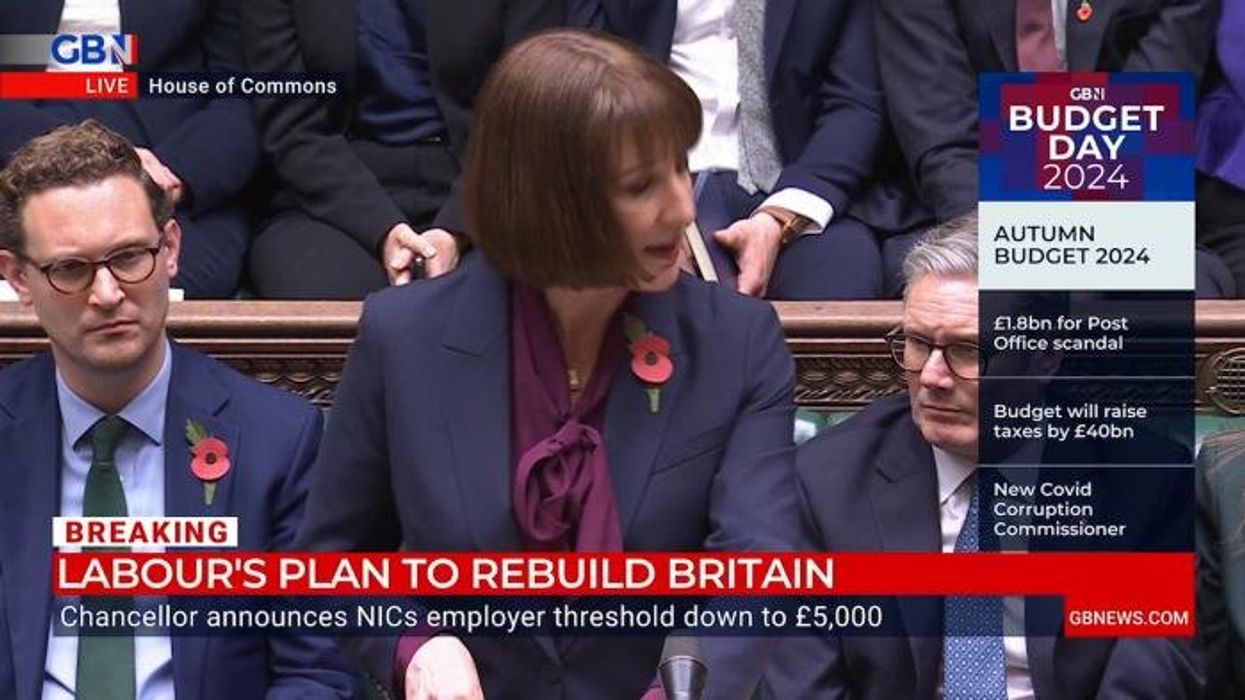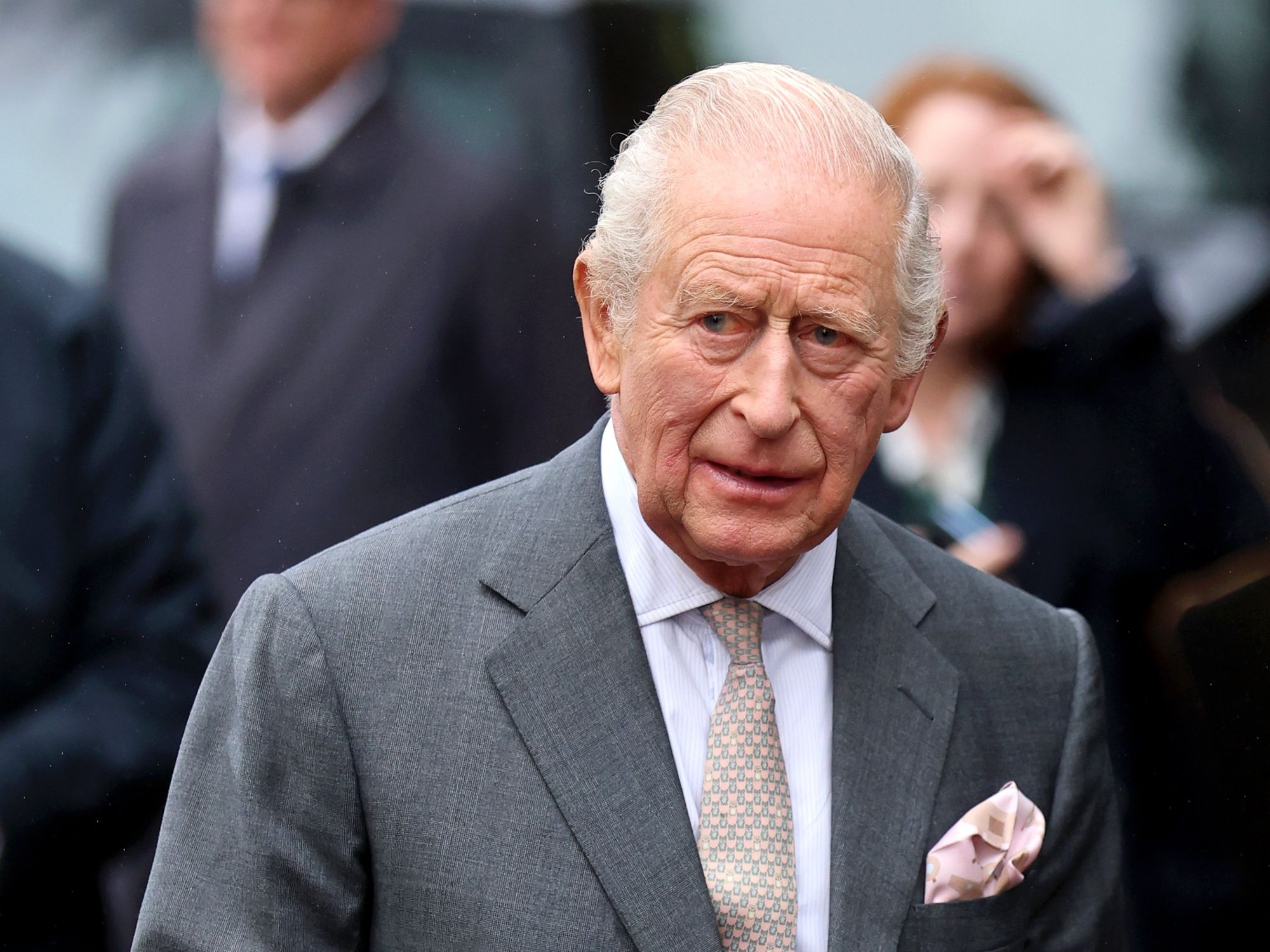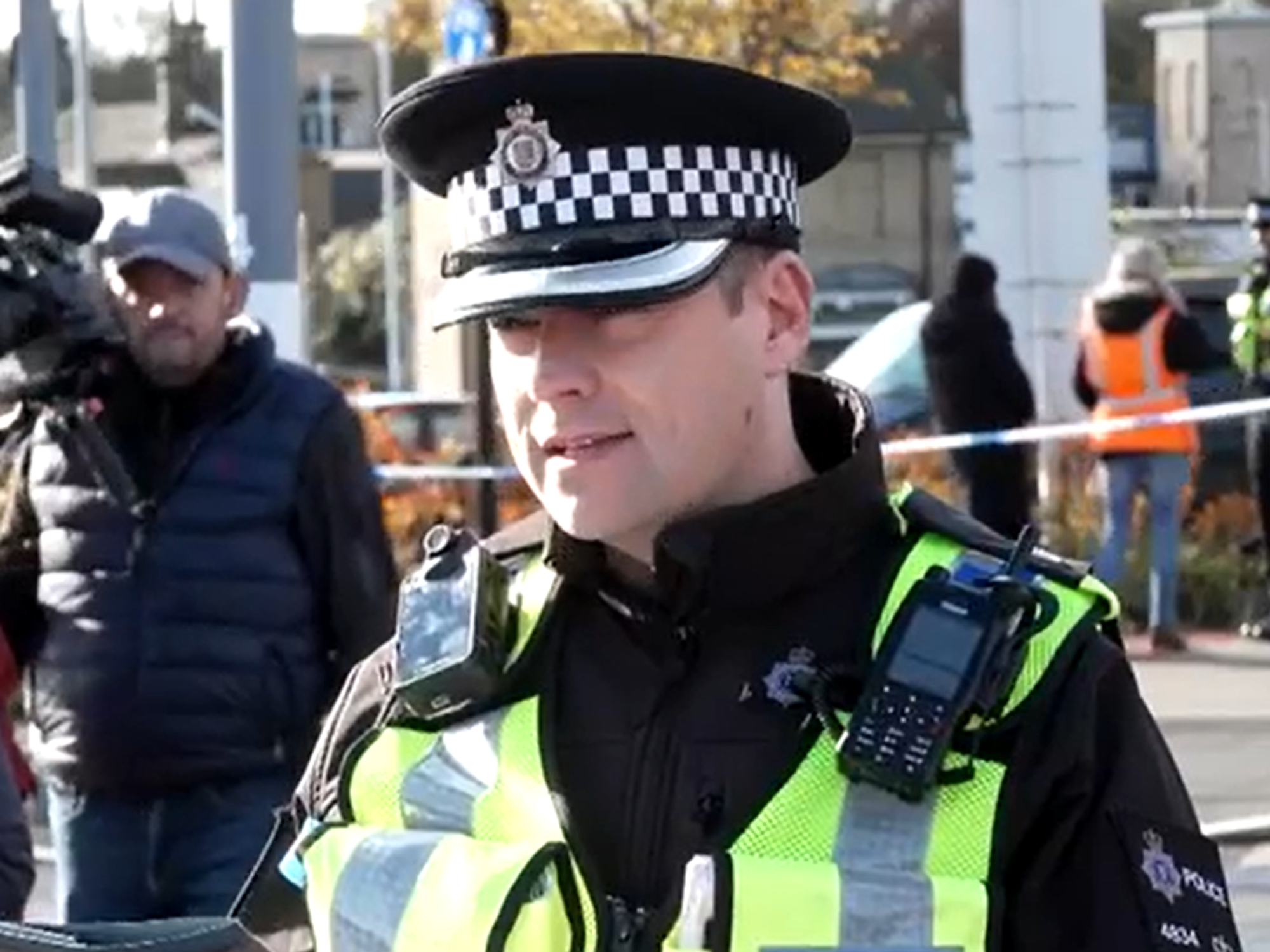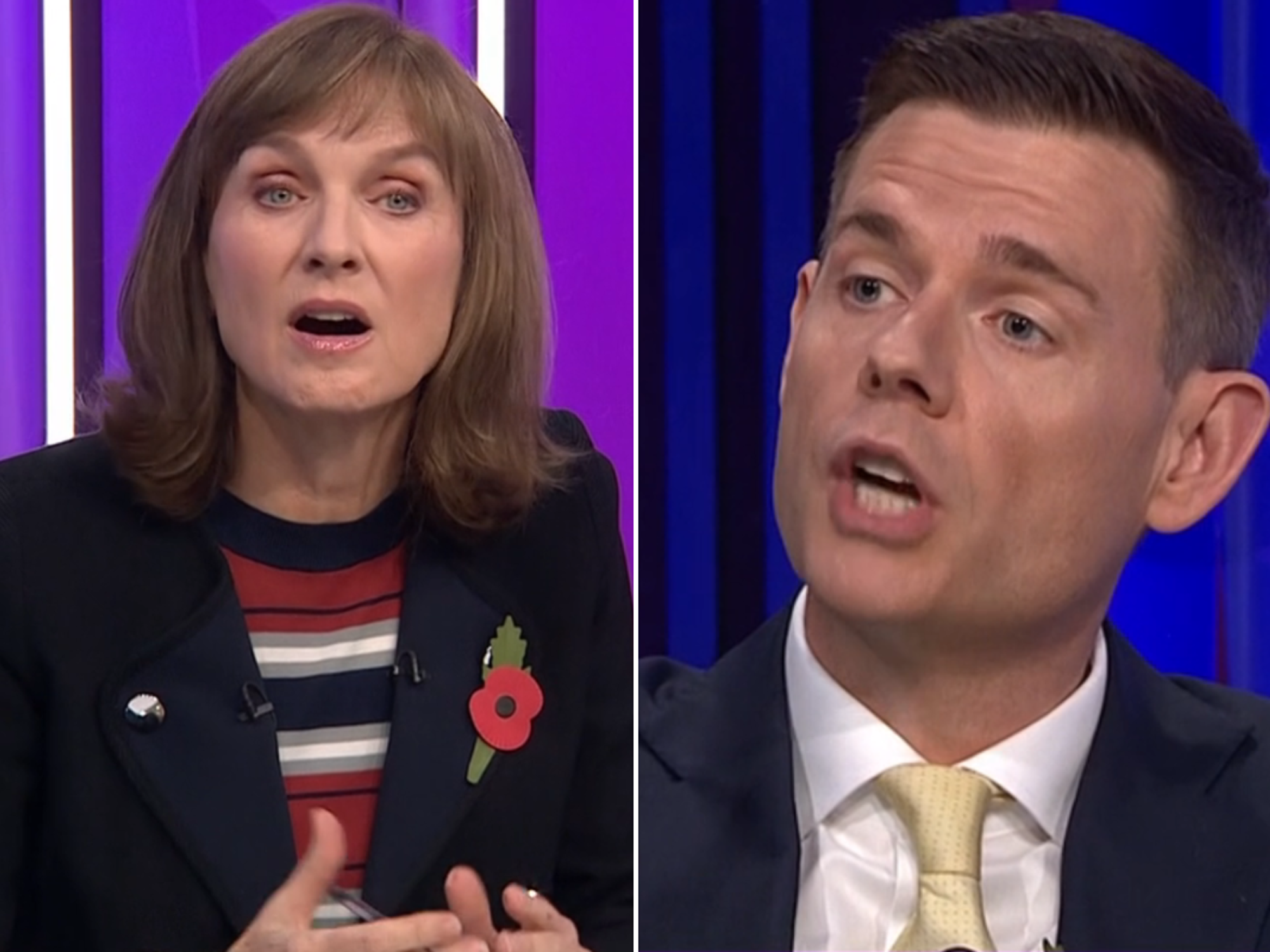Drivers face Budget misery as Rachel Reeves could target car tax, fuel duty, electric vehicles and more

Chancellor Rachel Reeves will launch the Budget in one month on November 26
Don't Miss
Most Read
Latest
Drivers are just one month away from Chancellor Rachel Reeves' Autumn Budget, where many have speculated could result in new motoring taxes and changes to fuel duty rules.
The Chancellor will deliver the Government's spending plans on Wednesday, November 26, with Rachel Reeves already warning that tax rises could be included.
A HM Treasury spokesperson has confirmed to GB News that the Chancellor makes tax policy decisions at fiscal events and that the department would not comment on speculation.
With just one month to go before one of the most important Autumn Budget announcements in recent years, GB News has rounded up all of the potential changes that could be introduced.
Car tax
Motoring taxation has long been a point of contention for experts and the Government, especially when looking at ways to modernise the system.
Despite launching new car taxes earlier in April, the Chancellor could look to bring in new measures to raise money for the Government's coffers.
Electric cars are now required to pay the standard rate of Vehicle Excise Duty (VED), although this was first announced by the previous Conservative Government.
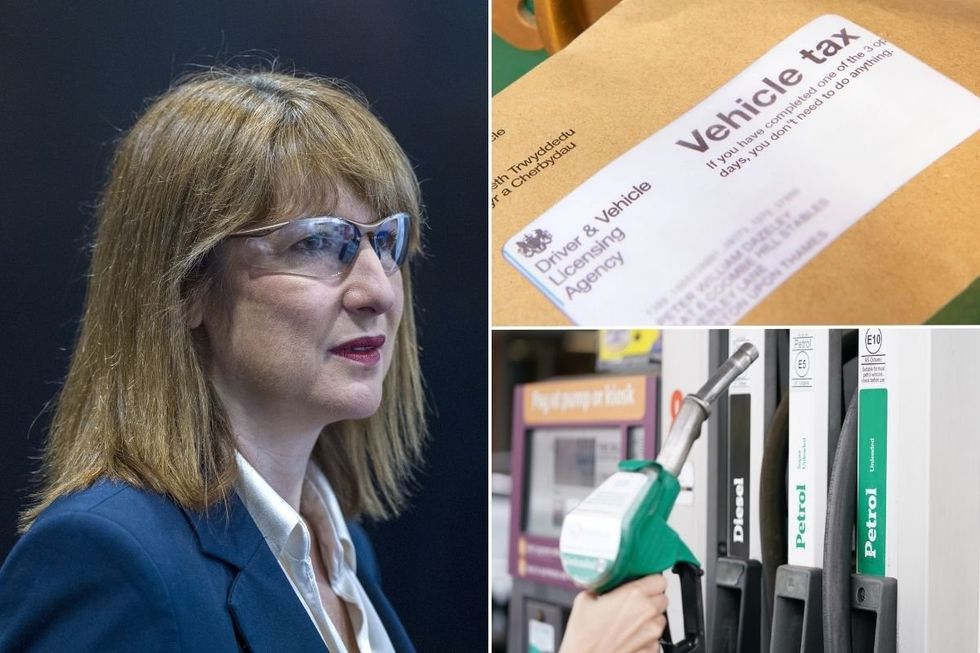
Chancellor Rachel Reeves is set to introduce several major motoring decisions at the Budget
|GETTY/PA
One of the most controversial measures that Rachel Reeves could introduce is pay-per-mile road pricing to cover losses from fuel duty.
The Government is expected to have a £35billion funding black hole when more drivers switch to electric vehicles towards the end of the decade as motorists turn their backs on petrol and diesel vehicles.
While Labour has previously ruled out introducing pay-per-mile road pricing, it could be back on the table if the Government scrambles for cash.
A report from The i Paper suggested that the Treasury was looking into the possibility of road pricing or even weight-based levies.
LATEST DEVELOPMENTS:
Similarly, taxes could be hiked for electric cars, especially as more drivers transition towards zero emission vehicles.
Most electric vehicles only pay £195 in VED, while the average petrol or diesel car owner pays around £480.
Shadow Transport Secretary Richard Holden has also warned that classic car owners could be targeted by a 'tax grab' if their exemptions are removed.
At present, any vehicle which was first registered more than 40 years ago is exempt from paying Vehicle Excise Duty, although owners must still tax their vehicles.
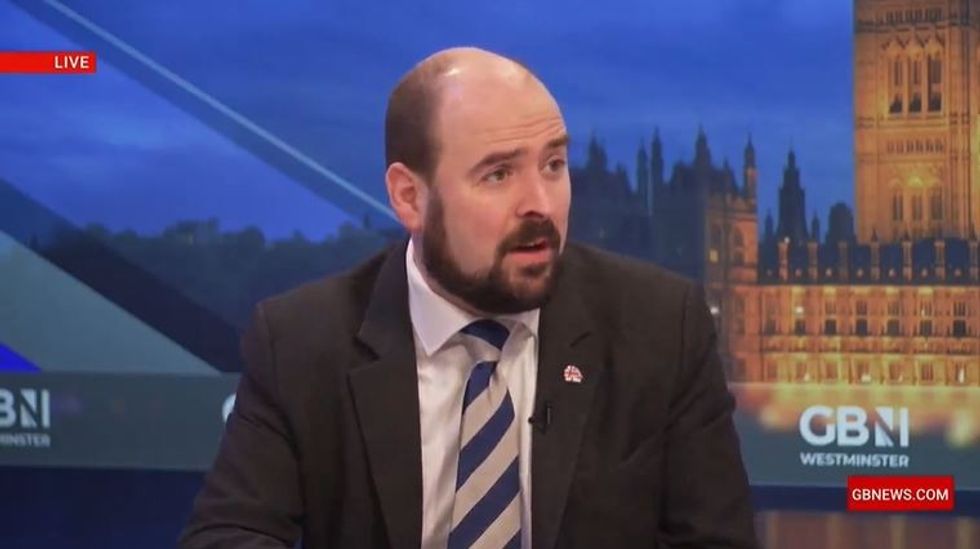
Shadow Transport Secretary Richard Holden warned that Chancellor Rachel Reeves could launch a 'tax grab' against classic car owners
| GB NEWSFuel duty
Revenue from fuel duty continues to fall as more drivers switch away from petrol and diesel vehicles, meaning receipts naturally decline.
Prices of electric vehicles continue to fall and running costs are becoming cheaper as drivers have better access than ever to cleaner cars.
Former Chancellor Rishi Sunak announced in March 2022 that the Government would reduce the rate of fuel duty by five pence in response to the Russian invasion of Ukraine.
This has continually been extended by Conservative and Labour Governments, with Chancellor Rachel Reeves confirming last autumn that it would be extended until March 2026.
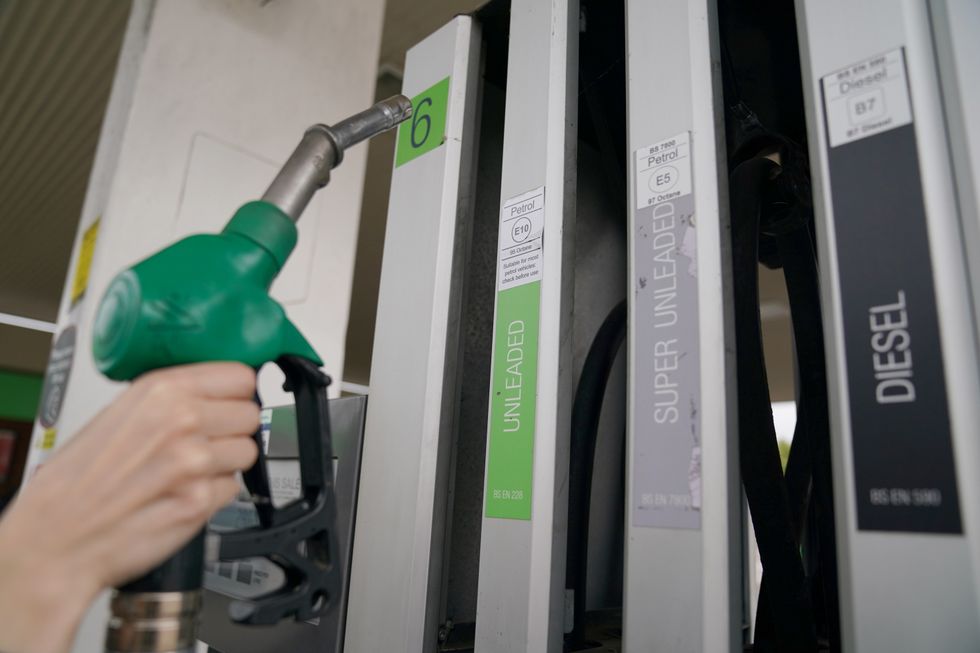
Petrol and diesel prices are likely to increase if the fuel duty freeze is axed
| PAShe also cancelled the planned increase in the rate of fuel duty in line with inflation, although this could change in the upcoming Budget.
The Labour MP for Leeds West and Pudsey could allow the freeze to expire in March, when it will return to its original rate of 57.95p per litre.
Alternatively, the Chancellor could axe the freeze in November, forcing prices up at the pumps. She could also raise fuel duty in line with inflation next April.
Data from RAC Fuel Watch shows that drivers across the UK are currently paying 135.48p per litre for petrol and 143.13p for diesel.
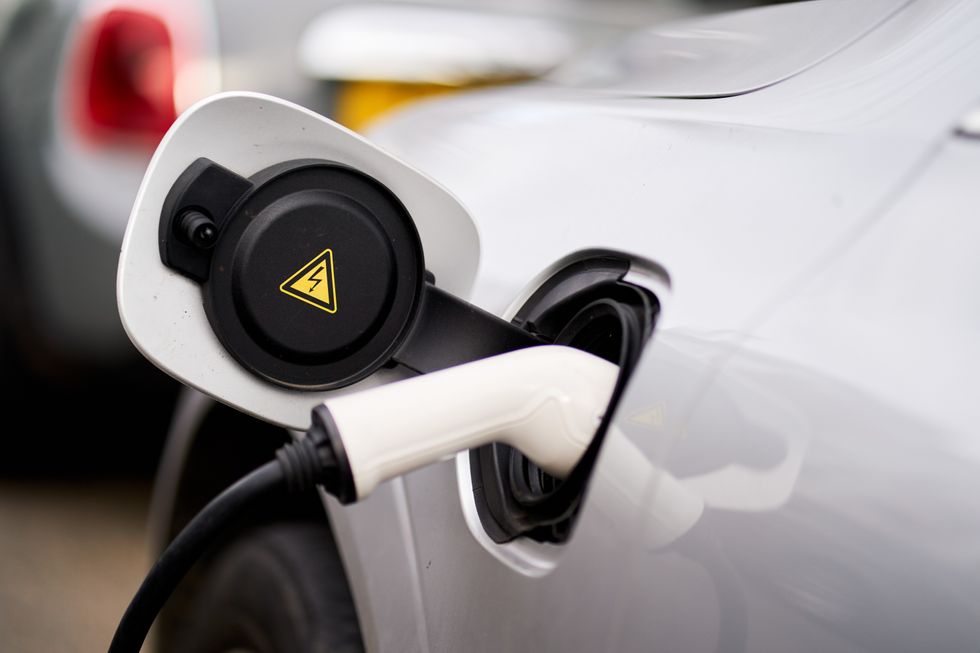
Chancellor Rachel Reeves could increase incentives for the Electric Car Grant in the upcoming Budget
| PAElectric cars
Labour has been headstrong in its support for electric vehicles since it was elected to power in July 2024.
The party confirmed the plan to ban the sale of new petrol and diesel vehicles from 2030, followed by only allowing the sale of new zero emission vehicles five years later.
It recently launched the £650million Electric Car Grant to help motorists save either £1,500 or £3,750 off the price of a new electric car costing £37,000 or less.
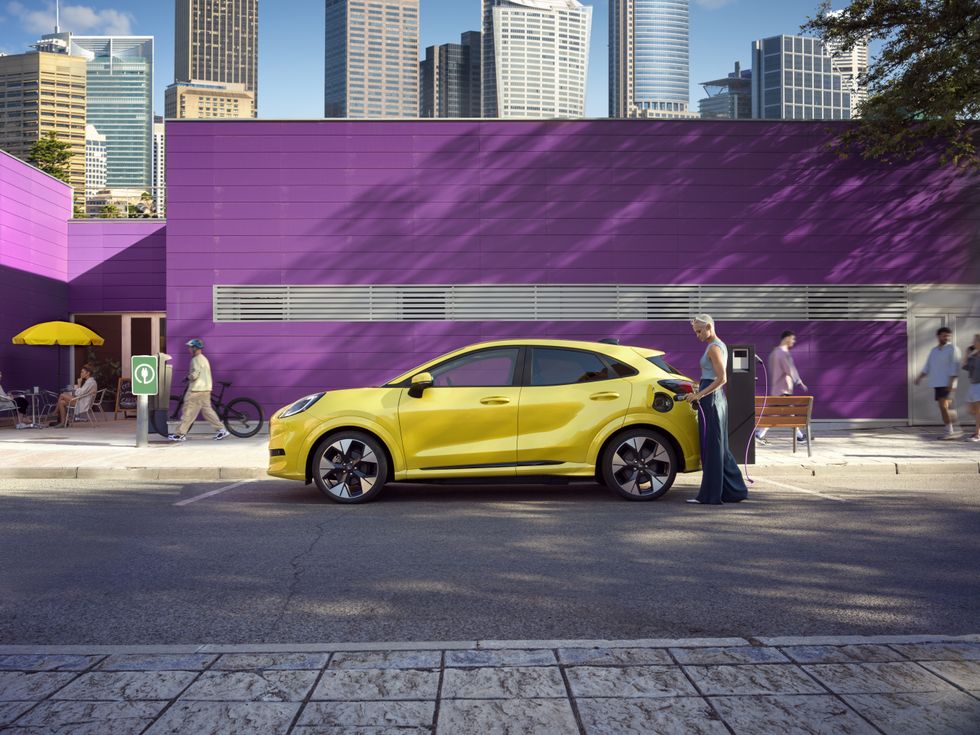 The Ford Puma Gen-E is one of two Ford models eligible for the £3,750 Electric Car Grant incentive | FORD
The Ford Puma Gen-E is one of two Ford models eligible for the £3,750 Electric Car Grant incentive | FORDReports have suggested that the Government could be planning to increase the incentives on offer in the ECG to offset any backlash from potential car taxes that could be introduced.
There are currently more than 35 models eligible for the Electric Car Grant, although only two models are currently eligible for the maximum £3,750 discount.
Experts have also called on Labour to equalise VAT rates for public and home electric car chargers to ensure drivers do not face a "postcode lottery" when trying to charge.
When charging in public, drivers also have to pay a 20 per cent VAT fee, while home charging only attracts a rate of five per cent.


